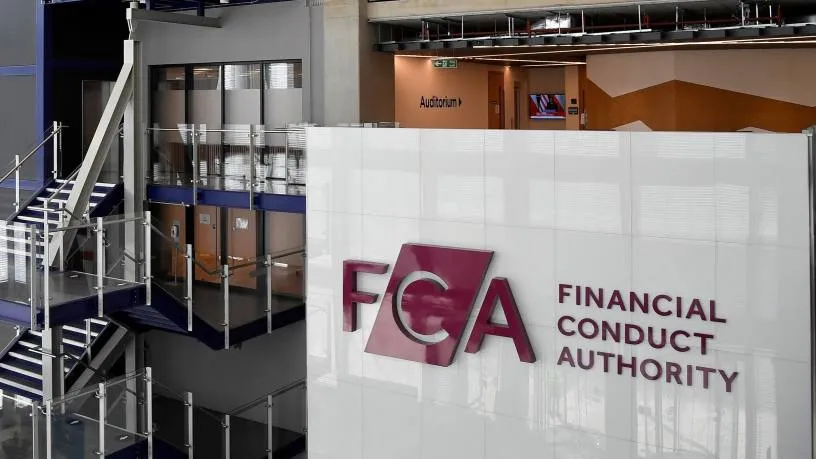Technology
FCA Moves Toward Global Stablecoin Standards

The Financial Conduct Authority is entering a decisive phase in shaping how stablecoins operate within the United Kingdom’s financial system. As global demand for digital assets grows, regulators face increasing pressure to create rules that protect consumers while supporting technological innovation. The UK aims to become a world leader in responsible digital asset policy by developing stablecoin standards that can align with international frameworks.
Stablecoins are digital assets designed to maintain a consistent value. They play an important role in cross border payments, trading platforms, tokenized finance, and digital commerce. The FCA’s updated approach reflects the need to monitor these assets closely while ensuring their integration enhances market stability rather than undermines it.
Ensuring Consumer Protection and Market Integrity
The FCA’s primary concern is consumer protection. Stablecoin issuers must demonstrate that their assets are fully backed, transparent, and redeemable at all times. This includes clear rules on reserve management, reporting obligations, and risk disclosure.
Consumers who use stablecoins for payments or trading should have access to accurate information about how their assets are stored and managed. The FCA also requires issuers to separate customer funds from operational funds. This ensures that users are shielded from corporate failures and market volatility. Strong consumer safeguards help maintain confidence in the digital economy.
Developing Strong Backing and Reserve Requirements
Stablecoins depend on well managed reserves to maintain value. The FCA is establishing strict guidelines on how reserves must be held, audited, and disclosed. Accepted reserve assets may include cash, high quality government securities, or other low risk financial instruments.
Issuers must publish regular reports verifying reserve adequacy. These rules bring stability to the market by reducing the risk of sudden devaluation or liquidity shortages. Strong reserve standards align the UK with global leaders in digital asset oversight.
Promoting Transparency in Issuance and Operations
Transparency is central to the FCA’s stablecoin agenda. Issuers must provide clear documentation outlining how their systems work, how reserves are managed, and how redemption processes operate.
Stablecoin platforms must also give regulators access to data when required for monitoring or investigation. This reduces the risk of hidden vulnerabilities that could undermine the broader financial system. Transparent operations attract responsible investors and help the UK maintain a strong reputation for fintech governance.
Integrating Stablecoins into Payment Systems
One of the FCA’s key goals is to integrate stablecoins into mainstream payment systems safely. Stablecoins could eventually be used to pay for goods, transfer value across borders, or settle transactions between businesses.
To support this integration, the FCA is evaluating how payment providers should interact with stablecoin issuers. These include requirements for operational resilience, fraud prevention, customer verification, and cybersecurity. The aim is to ensure that digital transactions using stablecoins remain secure, efficient, and reliable.
Cooperation with Global Regulators
Stablecoins operate across borders, making international cooperation essential. The FCA works with regulators in Europe, the United States, Asia, and global bodies such as the Financial Stability Board to harmonize standards.
This collaboration supports cross border financial stability and reduces regulatory fragmentation. Shared rules help prevent exploitation of weak jurisdictions and ensure that stablecoin operations remain consistent and transparent internationally. By leading these discussions, the UK strengthens its influence in shaping global digital finance policy.
Supporting Innovation in the Fintech Sector
Despite the focus on regulation, the FCA aims to maintain a supportive environment for fintech innovation. Clear rules encourage responsible experimentation and give businesses the confidence to build new products.
Fintech firms developing payment solutions, remittance tools, or blockchain based platforms gain clarity on compliance requirements. This helps them design products aligned with long term regulatory expectations. The UK’s innovation friendly regulatory environment continues to attract startups and global investors.
Addressing Financial Stability Risks
The FCA also evaluates how stablecoins could affect financial stability. Large issuers may influence liquidity flows, credit markets, or payment networks. To reduce systemic risks, the FCA requires strong governance structures, operational resilience testing, and limits on activities that could introduce instability.
Stress testing and recovery planning measures help ensure that stablecoin platforms can handle market disturbances. These safeguards protect the UK economy from potential disruptions linked to digital asset markets.
A Strategic Step Toward Modern Digital Finance
The FCA’s move toward global stablecoin standards reflects the UK’s ambition to lead in modern financial governance. By balancing innovation with consumer protection, the UK strengthens its fintech ecosystem and builds a more resilient digital economy.
Stablecoins have the potential to shape the future of payments and cross border finance. Through clear rules, active oversight, and international cooperation, the FCA aims to ensure that this transformation benefits consumers, businesses, and the broader financial system.










